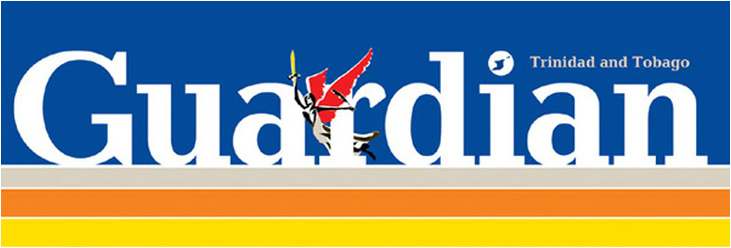There are no lines of parked cars protecting the cycle paths and its cyclists from road traffic. No minutes spent finding a bike rack to lock up your bike. No carrying your groceries in the front or back basket of your bike. No bike and car junctions where cyclists and not motorists have right of way.
Now, obviously, the heat of the Caribbean makes bike riding, a bit like walking for some, an impossibility. And aside from the heat, the obvious physical dangers local riders face make everyday cycling a non-starter for most. Yet, in nations like Denmark and Holland one is left to marvel at societies where bike riding is a major part of their transport infrastructure and everyday culture.
At first glance this infrastructure might almost be described as a biking utopia. There are miles and miles of dedicated cycle lanes. This means a level of safety for the cyclist we can only imagine here. It also means there is a cycling culture young children are brought up in. They develop spatial awareness and knowledge of the road from early, which serves them well as general road users.
Not only does a general cycling culture emerge across age groups, but politically the costs of the automobile to economic opportunity and the environment become mainstream issues of discussion. The endless subsidies and expenditure on roads, suburbs, bridges, traffic, and parking infrastructure are not just taken for granted as an inevitable destination for life.
Now, of course, Dutch and Danish cycle culture is not shangri-la. It works there for many reasons like terrain, government legislation, public support and more. But there are issues to deal with, too.
For example, one study that compared cyclists between Amsterdam and Copenhagen did suggest something of "a strongly anarchic attitude" amongst cyclists in both cities. And certainly this is something you see and encounter every day there but in fairness, the chaos seems to work.
So "bicycle anarchy" is perhaps not as bad as some might suggest. Another piece of academic research done in spring 2014 at ten major junctions in Amsterdam explored the correlation between the design of the cycling infrastructure and the behaviour of cyclists.
What they found is cyclists can be grouped into three groups:
1) Conformists: cyclists who stick to all the formal rules and designed routes
2) Momentumists: cyclists who follow their own route and adapt certain formal rules to suit their own ends, without causing any dangerous situations (eg turning right through a red sign)
3) Recklists: cyclists who recklessly ignore the rules, for instance crossing the road through a red light, and thereby cause conflict with other road users.
Interestingly, across the ten different junctions and 18,500 cyclists an hour the highest percentage were conformists (83 per cent). In the local newspapers this finding went against what many people expected and also the general public debate that focussed on a supposedly lawless cycling fraternity. (For those interested, 12 per cent were momentumists and five per cent of cyclists were classified as reckless).
Now, this brief overview of where cycling works in cities and some of the reasons why might seem quaint. But there is a bigger point to be made here about transport infrastructure and the quality of life people endure.
Anthropologists, human geographers, sociologists, psychologists, engineers and urban planners working in Holland and Denmark do not simply see the bicycle as a quirky piece of transport to be better incorporated in everyday life. They see bike riding and the bicycle as an important tool and cultural influence against the capitalist erosion of the environment, public health and community spirit.
Clearly, the life of the automobile and its impossibilities, such as endless traffic jams, ecological destruction, road deaths and oil dependency are ill suited to making a better and greener world. Yet, all governments blindly support and feed a system unable to deliver a substantial greening of the economy and daily life.
What current interdisciplinary social science research on cycling shows is how cycling can be linked to the social, demographic, ethnic and economic dynamics of life. Cycling is about the individual and how they interact with their environments and others. When we think about transport, we should remember transport is much more than getting from A to B. How we travel is also a major environmental influence of our wider behaviour, culture and society.
http://m.guardian.co.tt/columnist/2015-07-12/sharing-road

 RSS Feed
RSS Feed